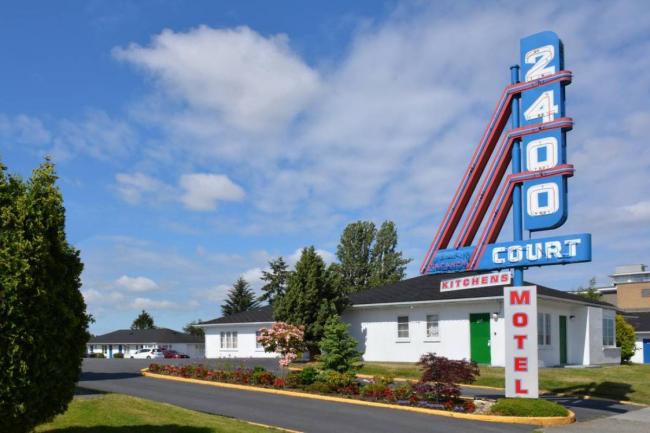“When push comes to shove, we’re able to support people. So, why don’t we do that all the time?”
This rhetorical question is from B.C.'s human rights commissioner, Kasari Govender, in an article in which she describes homelessness as a “massive public health problem”.
The pandemic has made this problem impossible to ignore. People can’t shelter in place if they don’t have a place to shelter. And as these months of social distancing have shown, safe, adequate shelter must include a washroom and basic cooking facilities.
In response to COVID-19, the provincial government has begun to take important steps to provide adequate and supportive housing to those in need.
These are positive initial steps, but there’s still a long way to go. It shouldn’t have taken a pandemic to raise assistance rates or to begin to deal with a housing emergency.
The most conservative estimates put the number of homeless in B.C. at over 8,000. The shelter system is strained to the limit, and many tens of thousands of households across the province have precarious housing and are at risk of eviction, especially if the economic crisis worsens as expected over the coming months.
Thousands of hotel rooms, meanwhile, are sitting empty in Vancouver alone. Some are even on city-owned land.
The old motor inn at 2400 Kingsway for example, is a city-owned property including ample green space and dozens of housing units (most of which include kitchenettes) with a recent history of being used for temporary housing. In 2016, the bungalows on Kingsway became a Syrian community with 27 refugee families living there until they were able to locate permanent housing.
The initial emergency housing measures were announced in the form of a public safety order, suggesting that the priority was the clearance of tent encampments in downtown Vancouver and Victoria rather than the housing of those most at risk.
It’s time we got our priorities straight. And that means looking at the issue of housing and homelessness through the lenses of human rights and public health.
That’s why a number of groups and individuals, including elected representatives and grassroots organizers, nonprofit leaders and frontline workers, have today sent an open letter to the provincial government. In addition to Premier John Horgan and the relevant cabinet ministers, this letter is also addressed to Dr. Bonnie Henry. The progress made in recent weeks is nowhere near what’s needed, both to save lives during this pandemic and in the effort to create a just and fair society.
“With a potential second wave of COVID-19 expected to hit this fall, housing for all must be a central part of preparatory public health measures. Group settings such as homeless shelters and single room occupancy hotel rooms cannot adequately provide the space and support staff needed for physical distancing and regular hand washing. Additionally, COVID-19 has caused financial distress for a large number of renters. Moratoria on evictions are a positive step, but measures to eliminate rent and utility debt will still be needed to prevent mass eviction as the COVID-19 crisis subsides.” (You can read the full letter here.)
If you agree that housing for all is a moral and public health imperative, please add your name and join this collective effort.
In the longer term, we need to push for post-pandemic recovery plans that include a huge investment in quality, energy efficient, nonmarket housing—there’s no Green New Deal worthy of the name without a massive expansion of social and public housing units.
We also need to actually codify housing as a human right. Without legislative meat on the bones, this will remain an empty phrase mouthed by politicians doing little to nothing to challenge the hyper-commodification of this basic human need. Pandemic or not, everyone needs and deserves four walls, a sink, toilet, shower, and kitchen.

